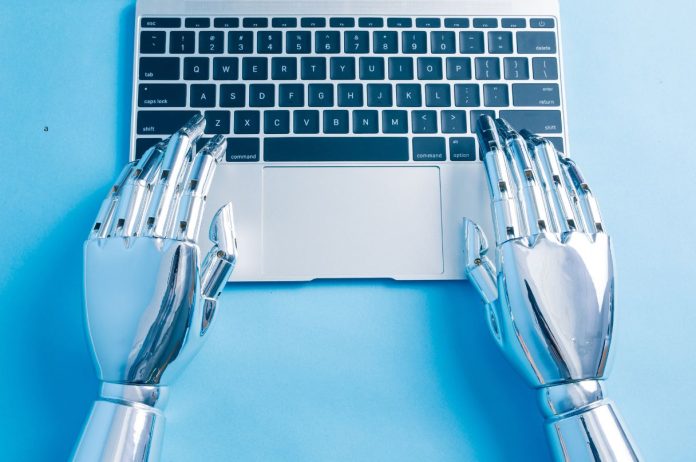One study a recent study conducted by Think Work platform in partnership with the Flash benefits management company revealed that 70% of Human Resources departments in Brazil still do not make use of Artificial Intelligence (AI) in their daily activities.In a scenario where technology is increasingly present in the optimization of business processes, the research points to a significant gap in the HR sector, which could benefit widely from these innovations.
The survey highlighted that, despite the growing adoption of AI in several business areas, Brazilian HRs still face challenges to implement these technologies. Among the main obstacles mentioned by HR professionals are the lack of technical knowledge, budget difficulties and internal resistance to change.
For Renan Count, CEO Brazil Factorial, a unicorn startup that develops software for the management and centralization of HR and PD processes, the application of AI in HR is not only a differential, but also fundamental for companies seeking more efficiency and competitiveness. “In the context of large volumes of data and increasingly complex processes, AI allows not only to automate tasks such as curriculum screening, backlogs and profile analysis, but also to bring a new dimension of intelligence to HR. Companies that adopt these technologies can make faster and more accurate decisions, identify talents with greater potential for success and promote more effective retention strategies”, Conde points out.
Interestingly, despite low internal adoption, the industry leads the search for AI professionals: a survey by HR Tech, a Infojobs88,17% of the available opportunities are concentrated in this area. This contrast suggests that, although practical application is still limited, companies are preparing for a more digital future, investing in hiring talent that can enable this transformation.
No wonder, companies that can integrate their teams to new technological trends are highlighted in the market and adapt more quickly to changes.For Ricardo Nobrega, Partner and Sales Director of Intelligenza IT, consulting specialized in HR technologies, one of the main obstacles to the adoption of AI in HR is the lack of training of professionals and cultural resistance within companies.
“Many managers still see AI as a threat to jobs, when in fact it can be an ally in making more assertive decisions, using data to eliminate unconscious biases and promote fairer and more inclusive hiring. Investing in training and changing the mindset of leaders and employees is critical to accelerating this TRANSFORMATION”, Nobrega points out.
Among the uses of technology, AI has been used in the HR market to automate repetitive tasks such as resume screening, interview scheduling, and benefit processing.
Thiago Oliveira, CEO and founder of Monest, asset recovery company through the collection of debts by a virtual agent called Mia, connected by artificial intelligence.“Essa is a great opportunity for innovation. AI can transform HR by automating administrative tasks, improving talent selection and creating more effective retention strategies. Those who do not adopt this technology, risk falling behind in an increasingly competitive market”, he warns.
In recent years, the advancement of technology and the increasing use of artificial intelligence have transformed several sectors, including Human Resources. Digital innovations are promoting more efficiency and agility in processes that were previously dominated by bureaucracy and manual document management.In this context, solutions arise that facilitate the work of HR professionals, allowing the optimization of routine and strategic activities.
“The human resources sector has historically suffered from the overload of documents and legal bureaucracy, but with the advent and democratization of AI solutions, from 2023, it has been possible to work with increased performance of companies in personal department management mats by facilitating the preparation of documents and additives, automating controls and deadlines, reviewing legal risks, performing mathematical functions quickly and extracting/classifying data for business intelligence in HR”, comments Henrique Flores, co-founder of Contraktor and responsible for the development of CK Reader, startup contract analysis AI.


